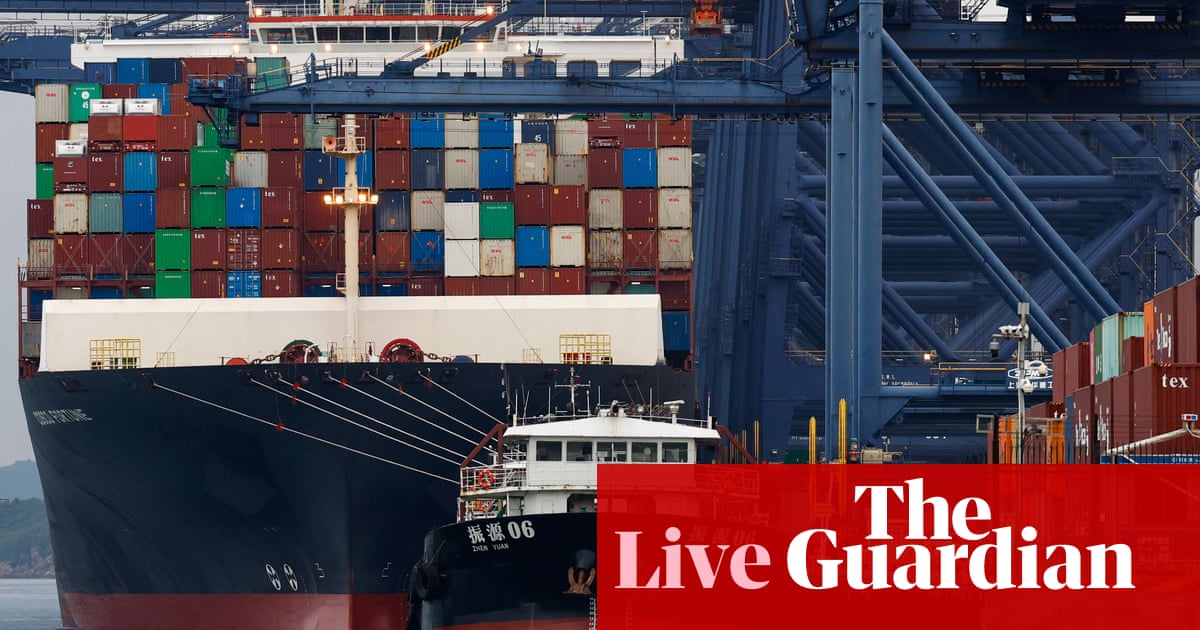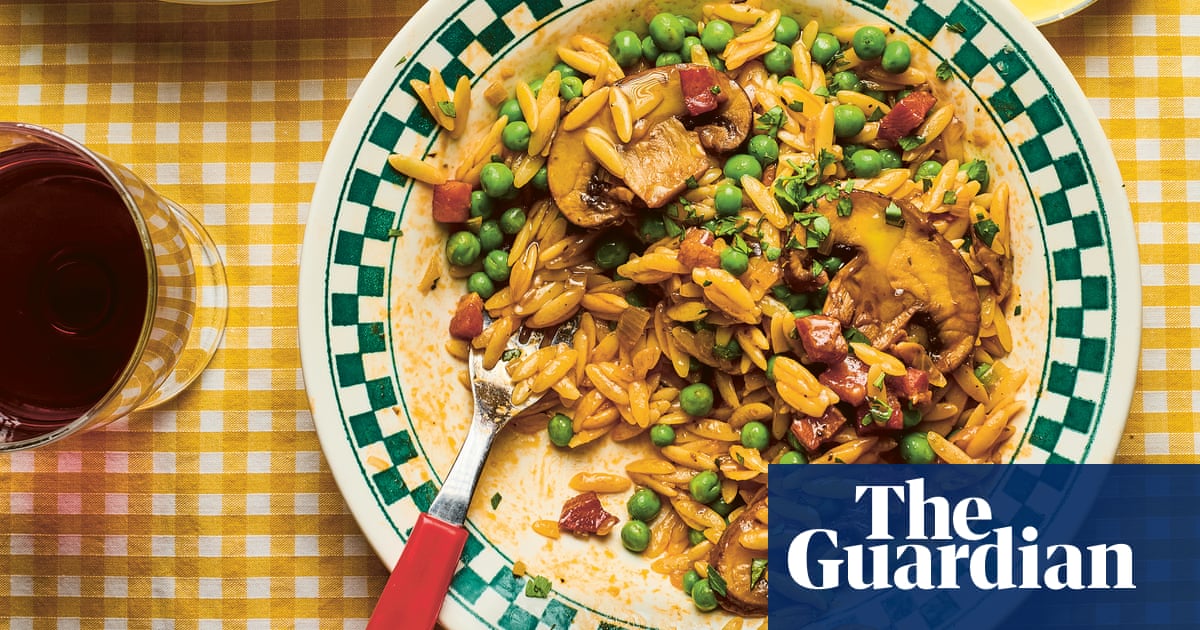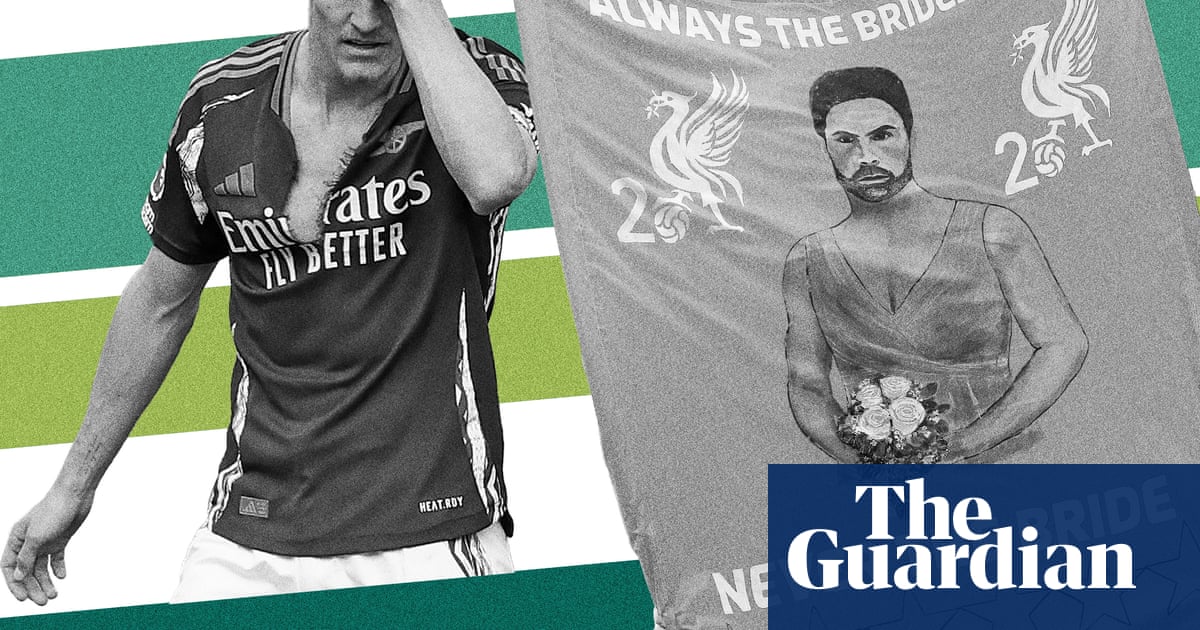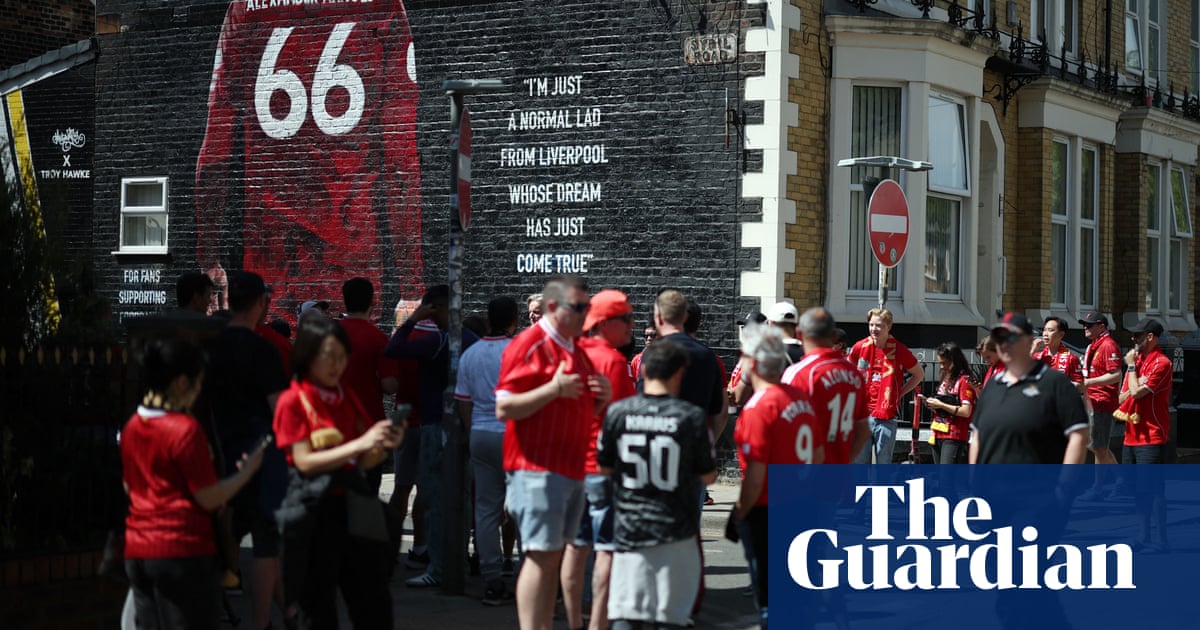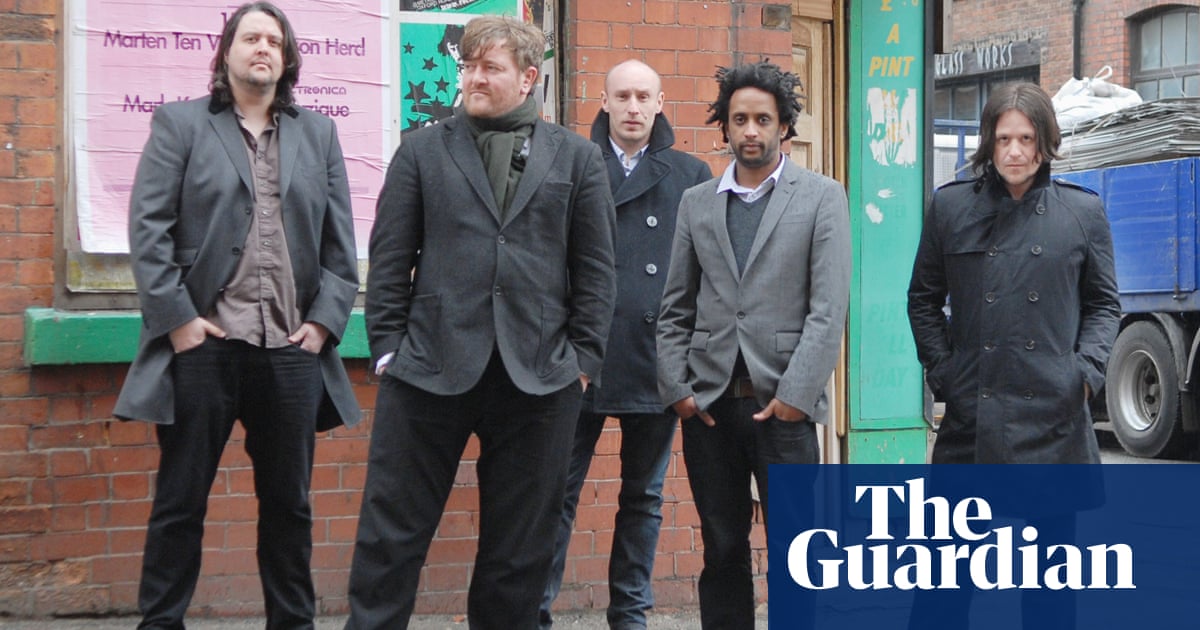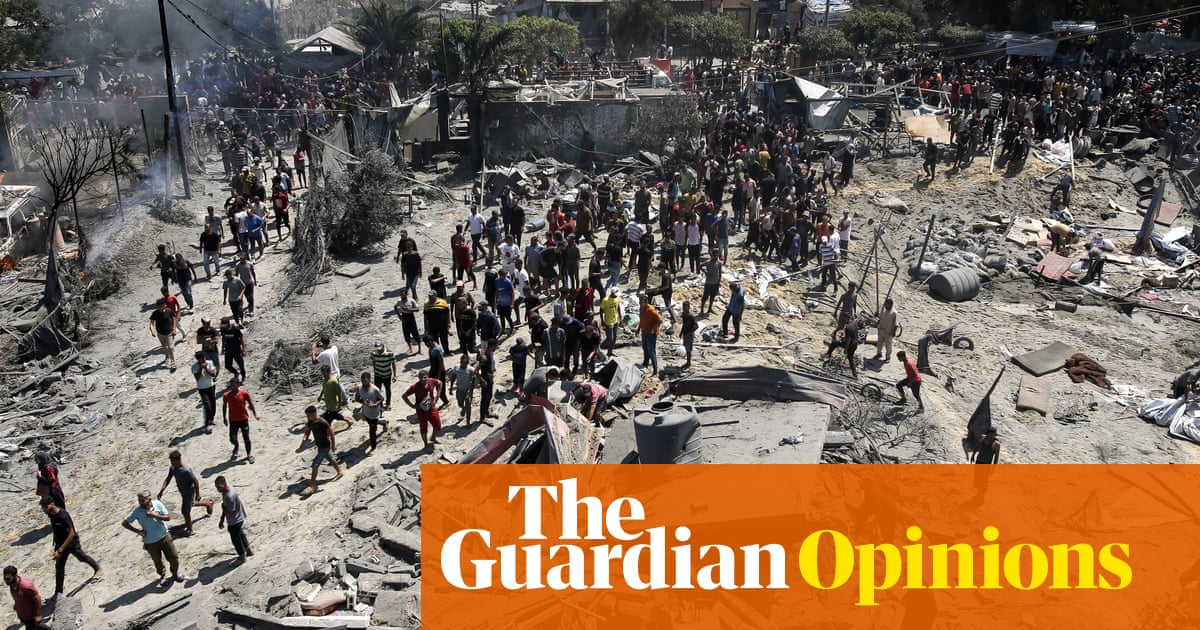Every Tuesday afternoon, Michel Vasconcelos goes to an open-air market in Porto Alegre, a city in southern Brazil, his backpack full of newspapers to sell, to which he contributes words and illustrations. “I used to steal and deal drugs,” says Vasconcelos, 43, who ended up living on the streets due to a family fall out.
It was there that he got involved, nearly 10 years ago, with the project Boca de Rua (Word on the Street) and became, in his own words, a paperboy and journalist. “Now, I steal people’s attention and deal in information,” he says, flashing a smile.
Boca de Rua is one of more than 90 such newspapers across 35 countries, according to the International Network of Street Papers, an anti-poverty organisation that supports these types of publications, which are typically sold by people experiencing poverty or homelessness.

The Porto Alegre-based quarterlyhas the sellers responsible forcontent – from choosing article topics to reporting the stories and taking photographs.
Participants have a meeting every week to collectively write the articles. They are then given a stack of about 50 newspapers, which they sell for R$3 (40p) outside shops and at traffic lights. Each vendor keeps the money they make.
“In truth, our newspaper doesn’t have a price,” says Anderson Joaquim Corrêa, 45, who often receives more than 3 reais a copy. “If you get 50 reais [£6.60] in a day, that’s decent,” he says.
Attendance at the meetings is a prerequisite for selling the paper, but otherwise, anyone is welcome. For most, the newspaper does much more than provide a small income: it gives them a voice.
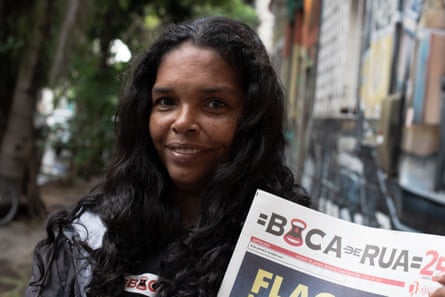
“We weren’t seen,” says Michelle Marques dos Santos, 42, who has been involved in the paper on and off since Boca de Rua launched 25 years ago, not long after she started living on the streets as a teenager. She still remembers the front page headline of the first edition, which came out during the 2001 World Social Forum: ‘Voices of Invisible People’.
“Boca has helped people on the street become visible, given us a voice,” she says. “We write about what’s bothering us. We talk about violence against women, we talk about police violence, we talk about our difficulty in getting access to healthcare.”
At a recent weekly meeting held near the city centre, a dozen people are discussing their coverage of a fire at a state-funded homeless shelter, which killed 11 people in April last year. Boca de Rua has reported tirelessly on the aftermath of the fire, with a public inquiry into possible negligence now under way. Its work denouncing poor conditions in the city’s shelters was picked up by the mainstream press.
after newsletter promotion
“We’ve done the most extensive coverage on this fire, and on the floods [that devastated the city last year],” the paper’s co-founder, Rosina Duarte, tells the group.
A journalist by trade, Boca de Rua editor Duarte developed the idea with homeless youths in 2000. She says that about 400 people have worked at the newspaper since then.
Her co-founder, Cristina Pozzobon, does the lay-out and runs the non-profit publishing organisation, Alice – but their work is hands-off, leaving members to manage editorial decisions and organise their community.
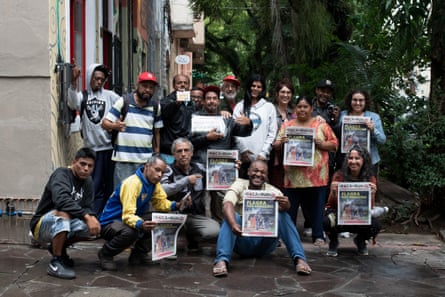
“As a group they have an impressive capacity to find solutions to problems that seem insurmountable,” says Duarte. When street sales became impossible during the Covid lockdowns, it was one of Boca’s members who suggested launching online subscriptions. Starting at 10 reais a month, these now help fund printing costs.
Duarte describes Boca de Rua as a newspaper made by people “with a trajectory of homelessness”, as most of the 30-odd participants have managed to leave the streets, although she stresses that is not the paper’s objective. “It’s about [providing an] income and harm reduction – the harm of silence and loneliness,” she says.

Despite the recognition Boca de Rua has gained locally, members still face rejection and prejudice. “But you can’t let that upset your work,” says Vasconcelos, who has moved back to his home neighbourhood.
Marques dos Santos, meanwhile, rents a flat with her partner after overcoming a long struggle with drug addiction. Pregnant with her seventh child, the first she will be able to raise herself, she remains closely involved with the newspaper that has given her a sense of pride – and inspired her to write a book about her life, due to be published this year.

.png) 7 hours ago
4
7 hours ago
4
